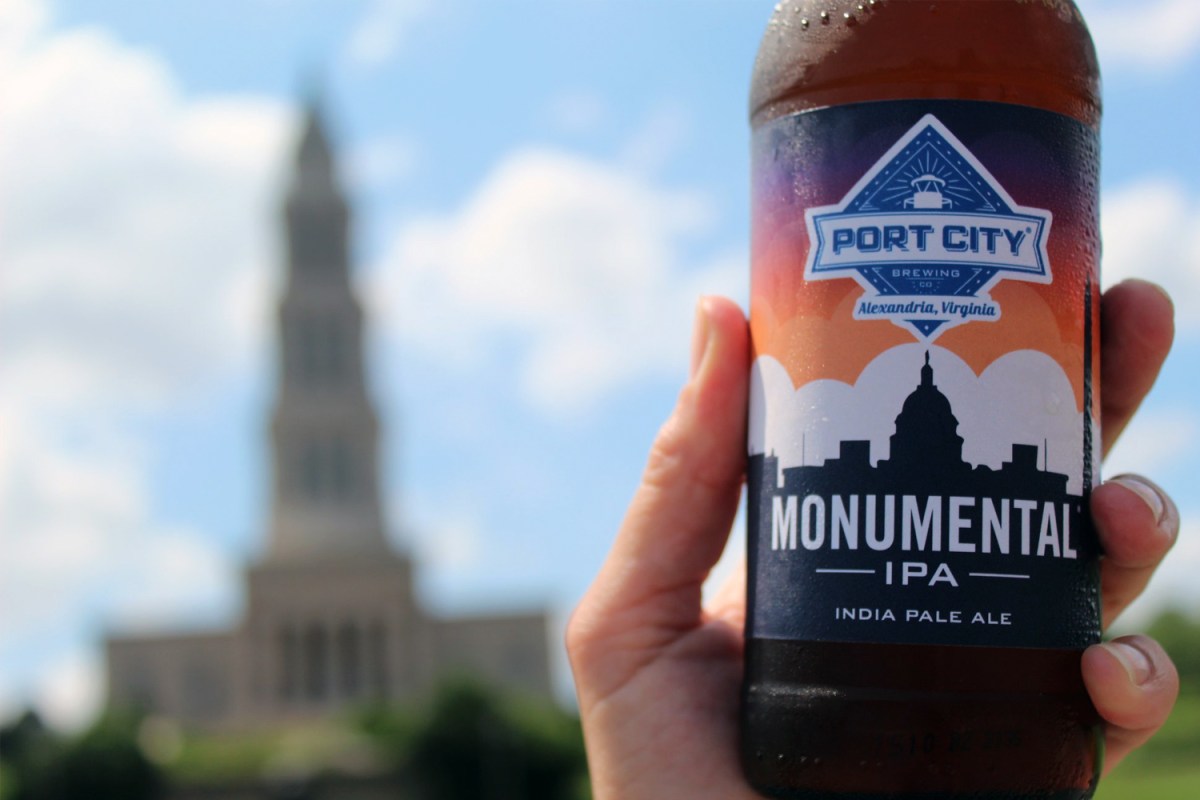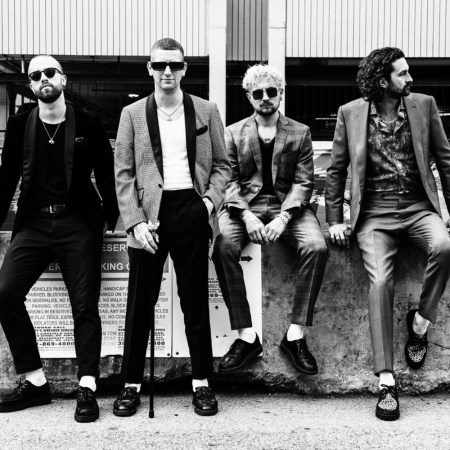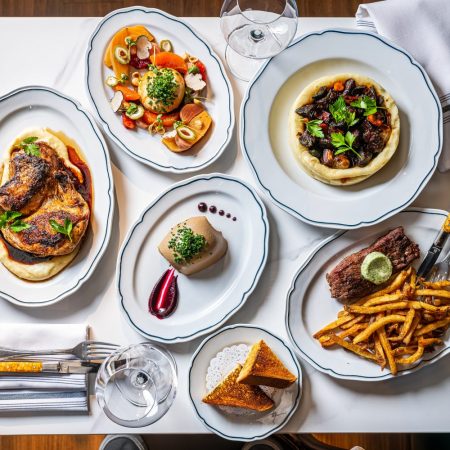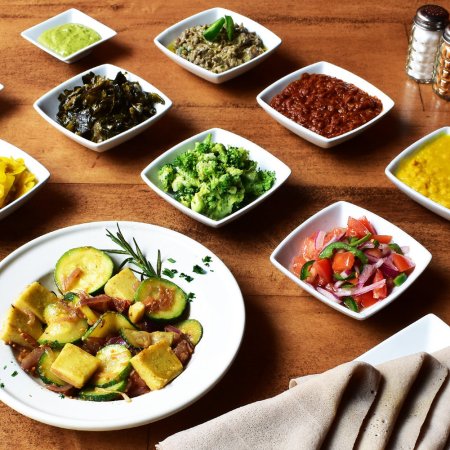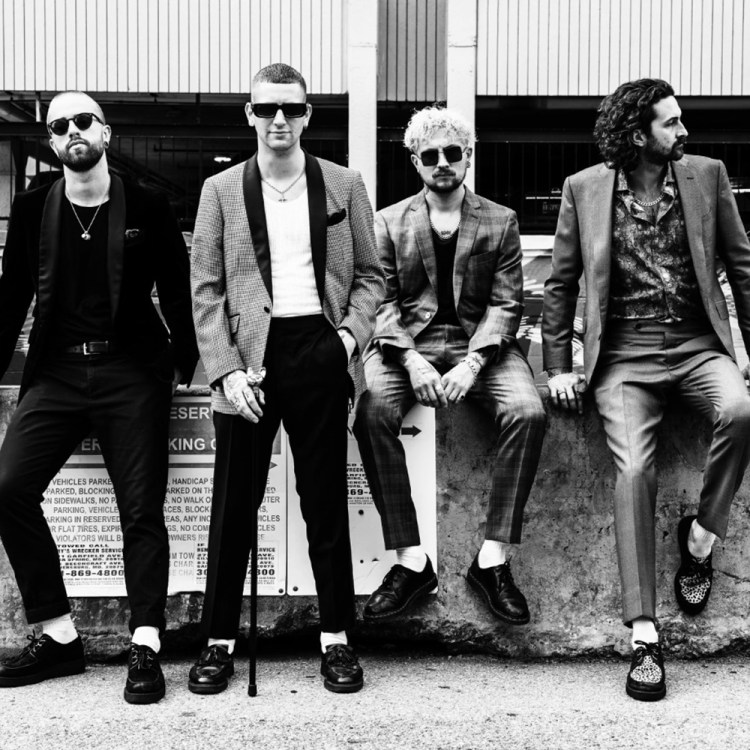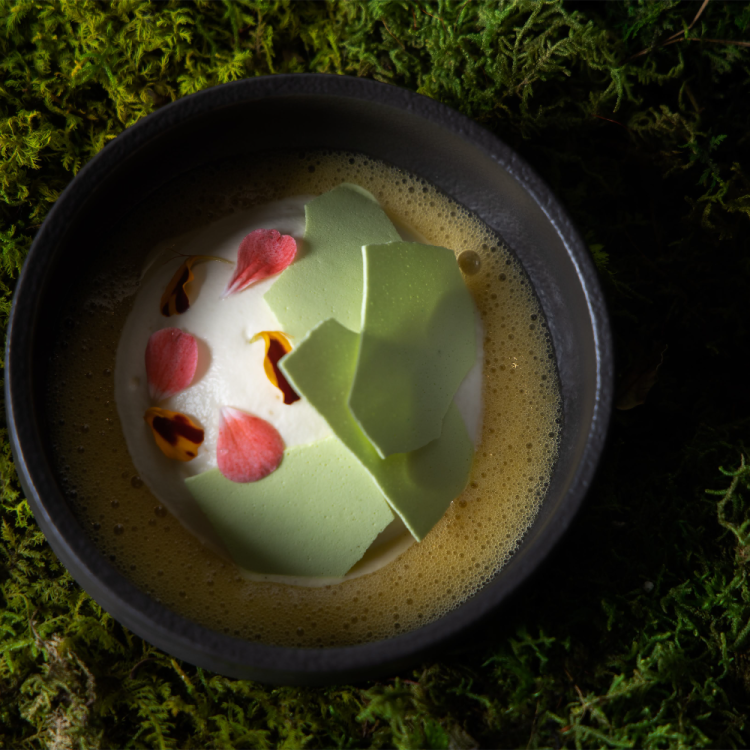Alexandria, Virginia, is only just emerging as an American center for craft brewery, and given its history, this should come as a surprise. Until Prohibition, Alexandria was home to the largest brewery in the South — and one of the most influential in U.S. history. After its closure in 1916, however, it would take nearly a century for the city to re-establish itself as a center for beer.
Alexandria’s very first brewery predates the Declaration of Independence: Established in 1770, Scottish brewmaster Andrew Wales kept Alexandria in beer for nearly three decades. Garrett Peck is an author and beer scholar who literally wrote the book on Wales and other early local brewers. Until this year, Peck also operated tours focused on Wales’ life in Alexandria’s Old Town, tracing a path between the historic warehouses along the waterfront and Wales’ final resting place, the Old Presbyterian Meeting house.
While much of Peck’s tour focused on Wales’ contributions to the local brewing scene, he was also keen to make sure visitors grasped the later contributions of Robert Portner, a German immigrant who arrived on the scene nearly a century later, in 1853.
“When the Germans came in,” says Peck, “that totally raised the game, by quite a bit.”
Joining so many of his countrymen in immigrating to the U.S. in the 19th century, Portner — who was not a brewer by trade — worked, first, in a local grocery store. In 1861, following the quartering of Union troops in Alexandria, local demand for alcohol grew, and Portner, a “shrewd businessman,” according to Peck, “set up his brewery, and it just took off from there.”
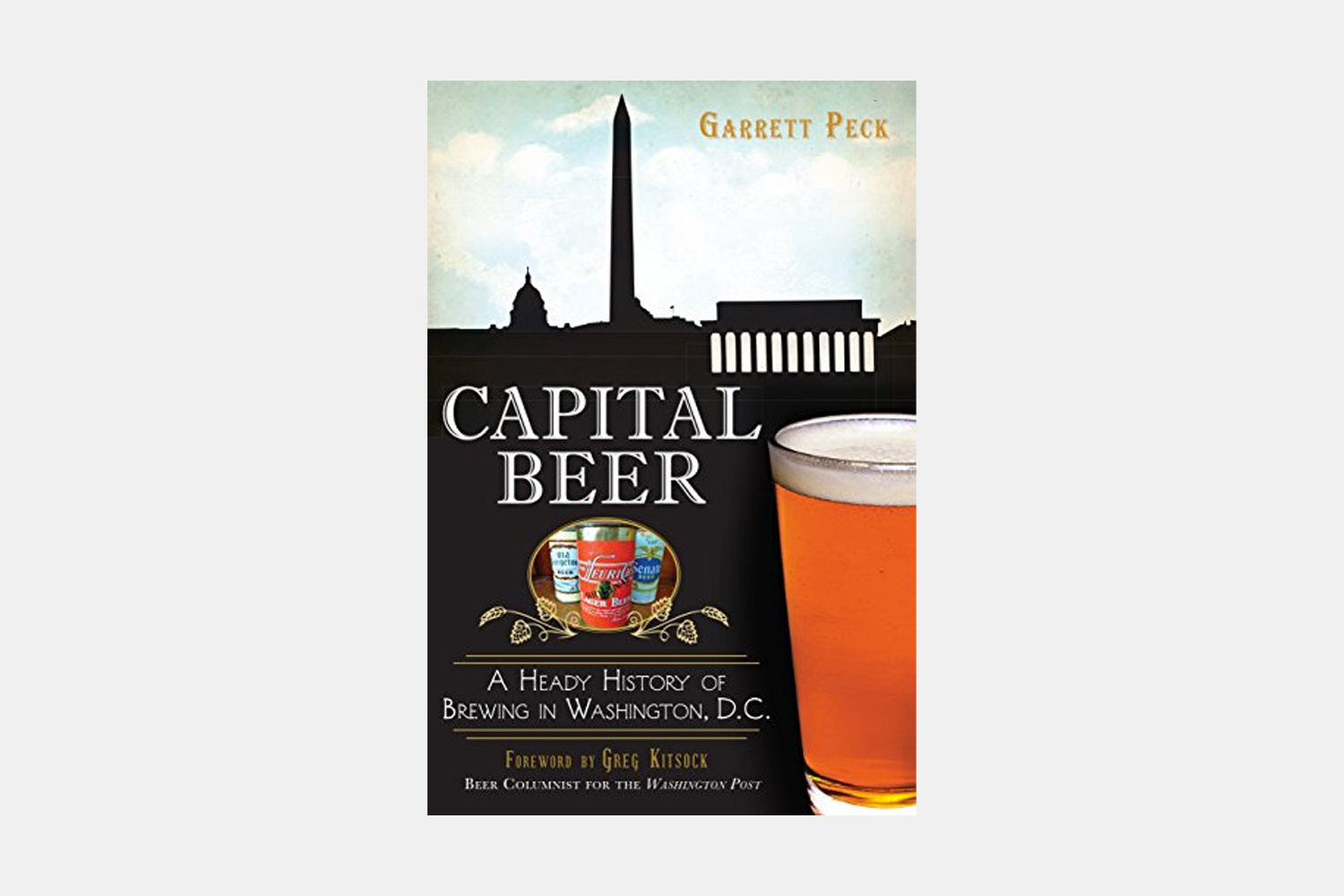
The resulting establishment was dubbed the Portner Brewing Company, also known as Tivoli, for its flagship beer. It would put Alexandria on the beer-brewing map in more ways than one: Portner was one of more than a handful of German immigrants to bring his hometown lager style of beer to the South. Standing in stark contrast to the heady English ales that had been popular until then, lighter lagers were a welcome respite, particularly during the warm summers. (They would also be the beers that first conquered a 16-year-old Peck’s heart, on study abroad in Hamburg, contributing to his lifelong passion for beer.) Portner’s thirst-quenching brews became particularly popular among Union soldiers. At least… in the winter.
Because lagers require cooler temperatures to produce, they are traditionally only made in fall and winter. To extend his production season, Portner began work creating what would become the first ice-making machines, an invention that, Peck explains, would not only later pave the way for modern air conditioning technology but would also allow Portner to transport his beer throughout the South and Mid-Atlantic by rail. Portner’s brewery quickly grew into the region’s largest, and Portner himself became “sort of the king of brewing in the South,” says Peck.
It’s no surprise that Portner’s contributions – and, indeed, other elements of this “Gilded Age” of brewing – are still visible in Alexandria today. Pre-COVID, Peck’s tours brought visitors through the Alexandria Archaeology Museum to glimpse rare brewing artifacts. Among them: a beer barrel from 1892 that was uncovered in an underground vault during the construction of the Carlyle Center in the West End, on the site of a long-defunct brewpub.
“It had caught fire and burned down in 1892,” explains Peck. “Paradoxically, that’s how the beer barrel survived. Because the vault filled up full of water.” The wood was preserved, he says, but the hoops had deteriorated. “When they found it, the barrel looked like an open tulip.”
Unfortunately, following the death of Robert Portner in 1906 and the signing of the 18th amendment in Virginia in 1916, the Portner Brewing Company’s legacy crumbled. While there was some talk of a revival post-Prohibition, it never came to fruition, and the brewing houses, were demolished in 1936. (They sat on the current site of the Old Town Trader Joe’s.)
It would take almost a century for brewing to return to Alexandria, a gap that, for Peck, stems from several factors.
“For one, you have the strength of the Baptists, who were strongly opposed to alcohol, even after Prohibition failed,” he says. “They still kept very strict regulations on alcohol, and made it very unfriendly for alcohol-generating businesses to do well.”
But there was also less of a demand for beer. Local consumers had shifted their tastes – to the wine Thomas Jefferson so loved; to spirits and cocktails that rose to prominence, paradoxically, with Prohibition and bootlegging. These were the tipples that sustained Alexandria and the greater D.C. area for decades.
When the first wave of American craft beer brewing – what Peck calls “beer 1.0” – began in the 80s, “all of a sudden, there were a whole bunch of other small breweries that were opening up. And Virginia had none of that.”
It wasn’t until the second wave that beer returned to DC and Alexandria.
“So very late to the game,” Peck says. “But not too late!”
The first brewer to revitalize Alexandria’s long brewing history was Bill Butcher, a former wine sales manager who opened Port City Brewing in 2011. “Coming from wine, he knew the importance of having a tasting room,” says Peck. “Don’t even bother going on a Saturday. It’s crazy!”
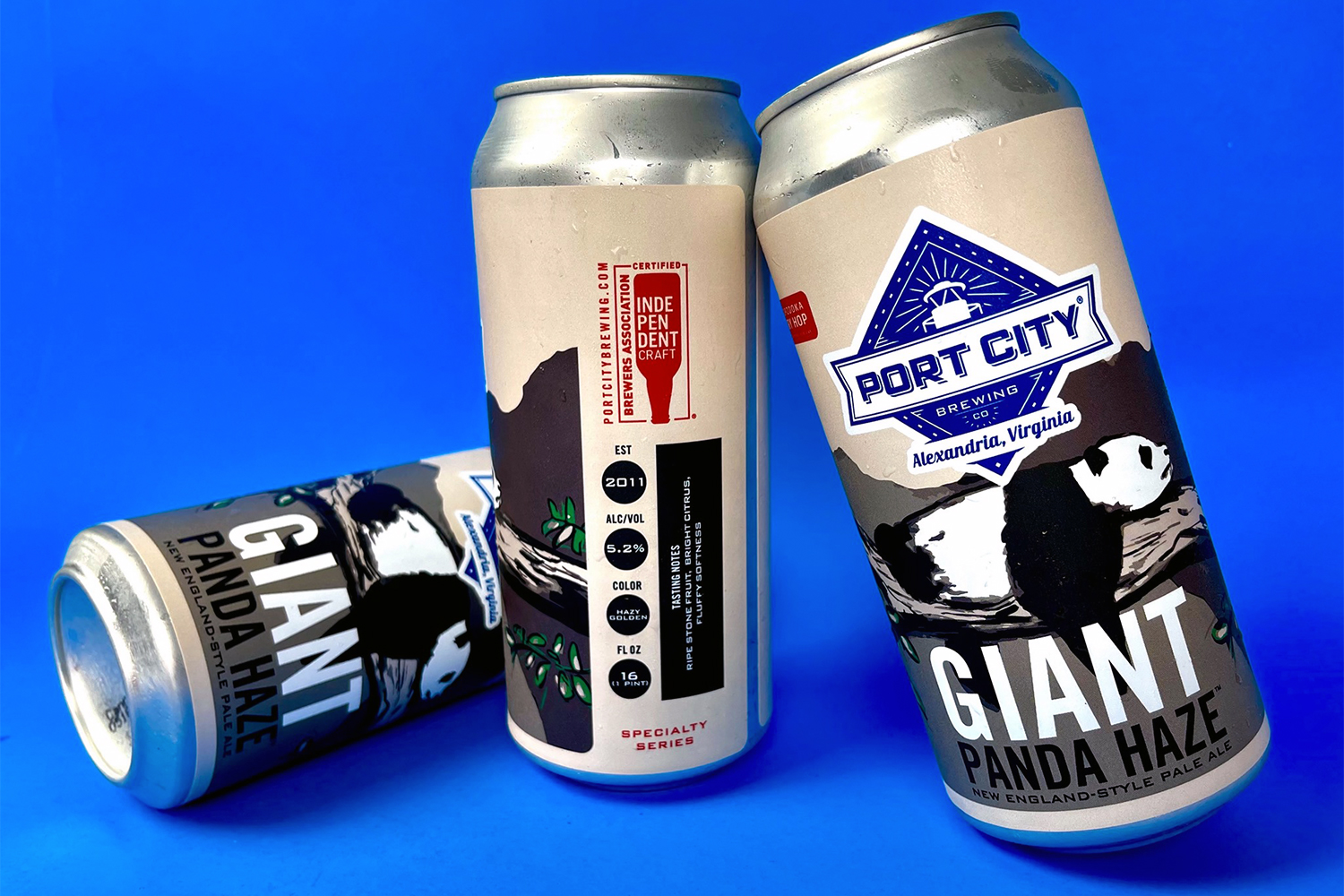
Alexandrians, Peck notes, are loyal to Port City, in large part, because of its local history, a fact that Butcher echoes.
“Restaurants, hotels and bars across the area have embraced the idea of supporting local craft beer,” says Butcher, who notes that his consumers love that they use local grains in some of their best-sellers.
“We brew Optimal Wit with 100% Virginia grown wheat,” he says. “We are proud to support the local agricultural economy, and are grateful to have a farmer who has been able to scale up with us and provide extremely high quality wheat grown on the Northern Neck of Virginia.”
But the local element is just the beginning of Port City’s success. These brews have been recognized at the European Beer Star awards, the Great American Beer Festival, the VA Craft Beer Cup, and the Brussels Beer Challenge, among others. The brewery’s unfiltered beers run the gamut from Belgian wits to IPAs (session, double, black, and more) to Bohemian pilsners to, of course, the English-style ales and German lagers that first conquered Alexandria long ago.
Today, the local beer scene continues to grow, something Peck attributes to the Prohibition generation dying off, paving the way for bipartisan accords that local businesses — even alcohol-fueled —— were a positive thing for the state.
“It brings people in; it brings tourists in,” he says. “People spend money on hotels. You’re supporting a whole bunch of jobs and a tax base. It’s a complete 180 on this question. And now there’s breweries everywhere!”

While Peck recently departed Alexandria, taking his historical tours with him, visitors can still embark on a self-guided tour to sample brews at a choice of pubs and restaurants thanks to Alexandria’s Historic Breweries: A Walking Tour & Pub Guide. They can visit newcomer Aslin Beer Co, which moved its headquarters and tasting room from Herndon to Alexandria’s West End in 2019. Brewing top-rated beers like NEIPA Double Orange Starfish, which boasts a score of 99 on Beer Advocate, and more surprising offerings like Daiquiri!, a sour IPA conditioned on strawberries, vanilla, and milk sugar, Aslin has conquered its share of Alexandrian hearts.
And the local beer scene isn’t limited to brewers. Bars like Hops ‘n Shine, self-described as a space dedicated to “beer, bites, and moonshine,” has a selection of over 50 beers on draft and even more in bottles and cans from Virginia and beyond. And Rustico, on the north end of Old Town, has over 400 brews on offer.
Alexandria even has its very own cider house, Lost Boy Cider, founded in 2019 by Tristan Wright. A self-professed “recovering banker,” he began making cider in his basement after being diagnosed with celiac disease. A course at Oregon State Cider School and time spent at Cornell’s Viticulture Center helped him turn his hobby into a career. Today, his tasting space welcomes 2,000 people a week (down from a peak of 3,800, pre-COVID).
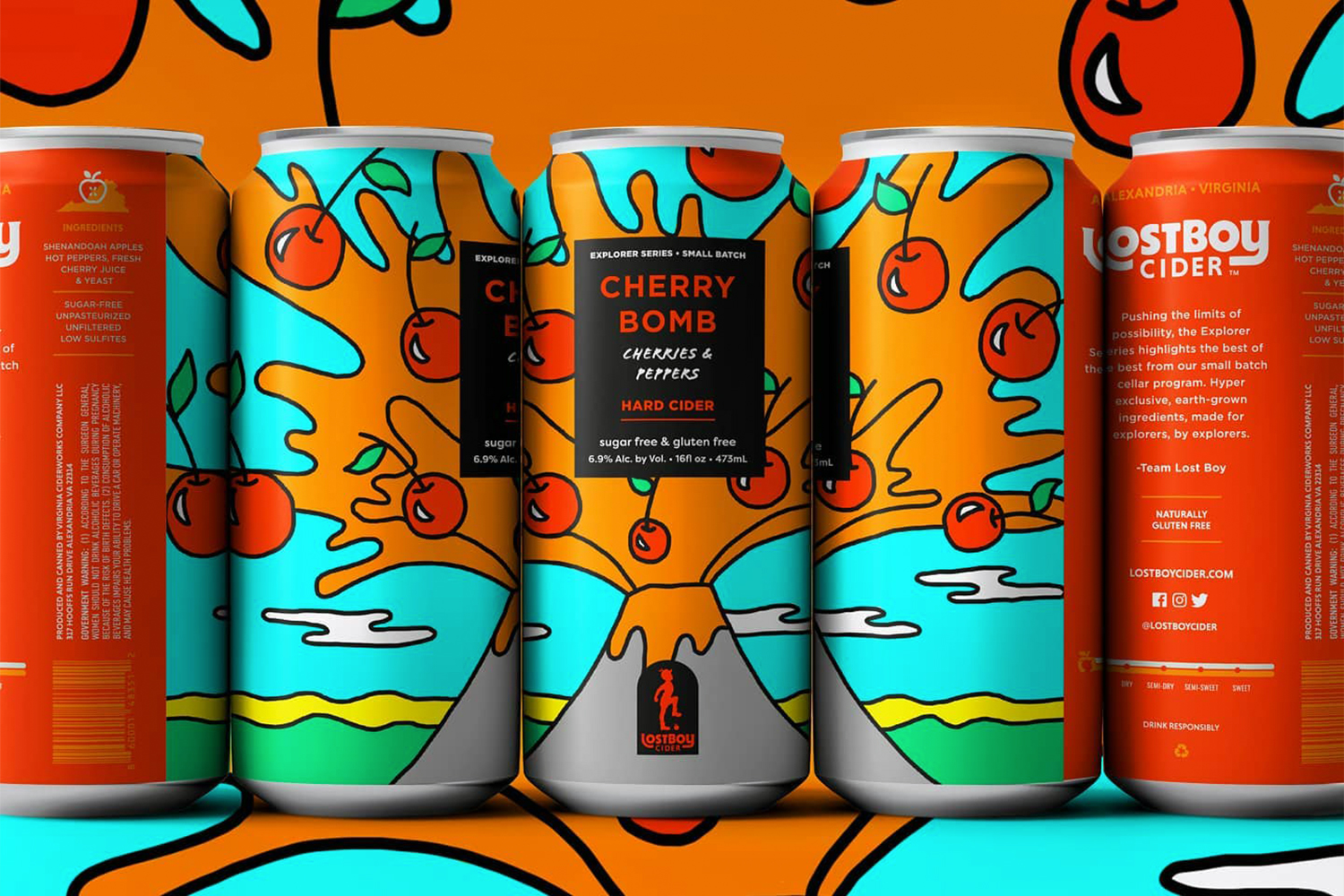
Pulling apples from 17 different local orchards, Lost Boy seeks to craft surprising, aromatic ciders, like flagship Comeback Kid, which just won Best in Show in Virginia’s Governor’s Cup.
“It’s our simplest cider; we don’t really do anything to it,” he says. “All of our ciders are fairly straightforward, but principally, we don’t really think that cider should be sweet, per se. At least not in the way that Americans add sugar.”
Made simply with apples and a white wine yeast, the dry ciders range from French-style farmhouse to a co-ferment made with Oregon raspberries.
Not all newcomers to the scene have survived. Sehkraft brewpub in nearby Clarendon closed suddenly in 2017. And a brewpub project from Cat and Margaret Portner, Robert’s granddaughters, closed in 2018, after just 13 months.
“That had been their dream, of resurrecting the family business,” says Peck. “But costs now are really high; rent is really high. And they were trying to do a restaurant, which is difficult, because the profit margins on that are so slim. Whereas if you have a brewery, all you have to do is brew beer, and people will be glad to take it off your hands.”
D these hiccups, Wright and Butcher both have high hopes for the future of the craft brewing scene in Alexandria.
“One of the things that’s great about our industry is that everyone’s just really, really nice,” Wright. “There’s that ‘all must rise’ mentality, right now, for the most part.”
“As the scene has expanded,” adds Butcher, “I think the level of quality has continued to stay high across the market, which is a great thing for craft beer drinkers!”
This article was featured in the InsideHook DC newsletter. Sign up now for more from the Beltway.
